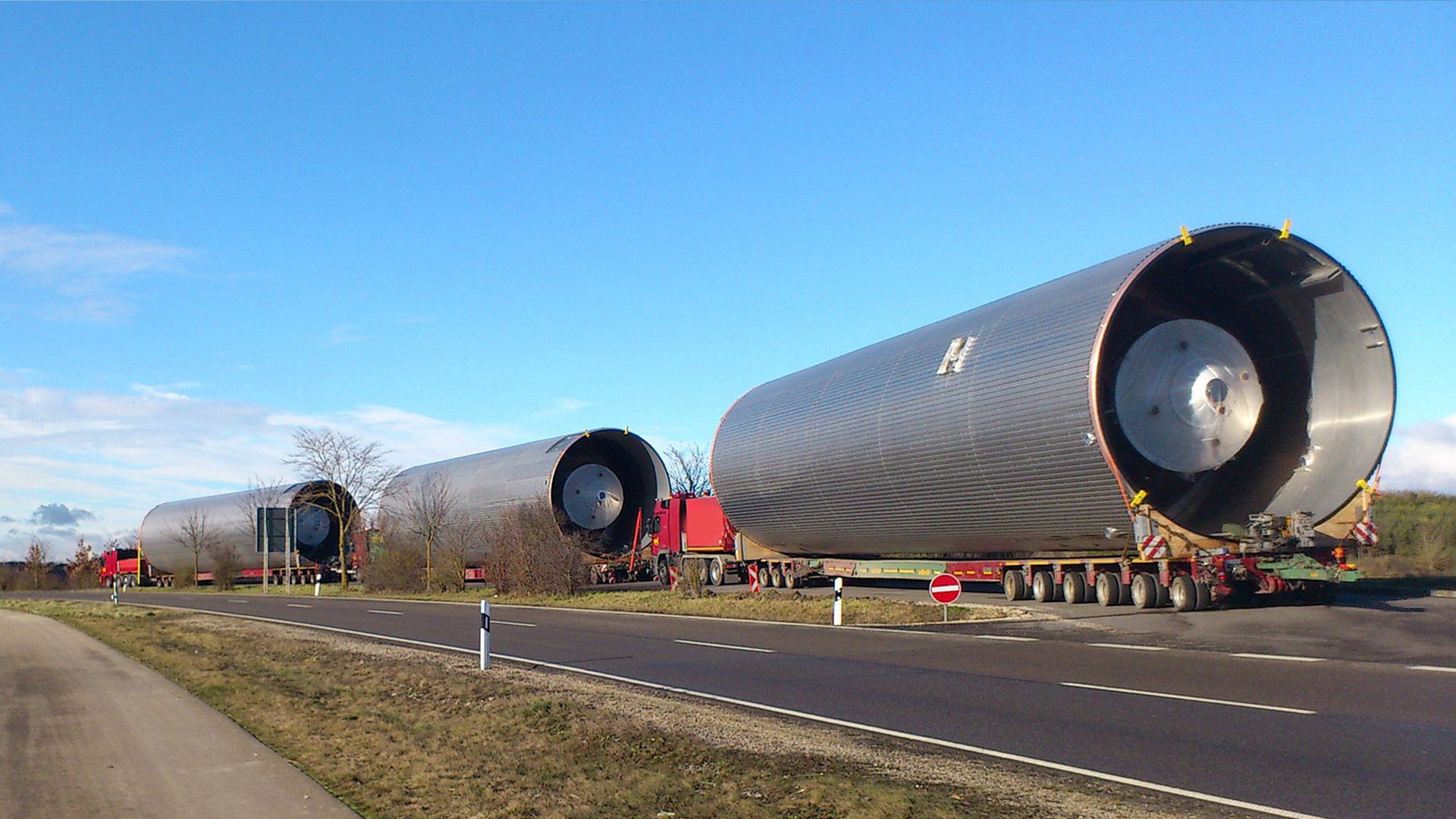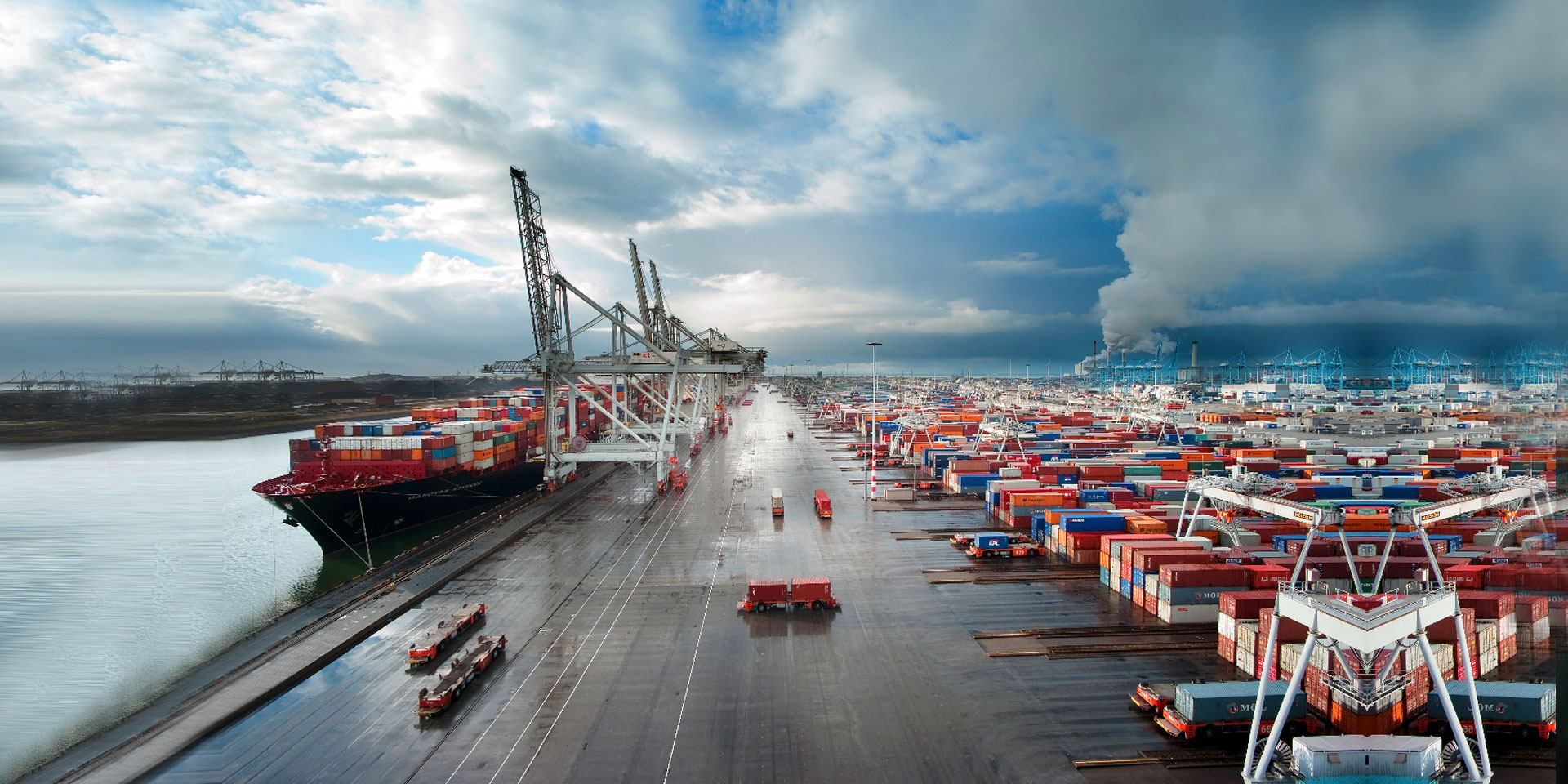Project logistics management is the backbone of any successful venture, whether it’s a construction project, a product launch, or any endeavour that involves the movement of resources, equipment, and materials. Effective project logistics management is essential to ensure that the right resources are in the right place at the right time, minimizing costs, optimizing efficiency, and meeting project objectives. In this article, we’ll explore the key elements of effective project logistics management.

1. Detailed Planning and Scheduling : Effective project logistics management begins with meticulous planning and scheduling. A well-defined plan outlines the scope, objectives, resources, timelines, and potential risks of the project. It includes a detailed schedule that specifies when and where resources will be needed, ensuring a seamless flow of materials and personnel throughout the project’s lifecycle.
2. Resource Allocation : Resource allocation involves assigning the right people and equipment to specific tasks. Efficient logistics managers understand the skills and capabilities of their team members and the requirements of the project. This ensures that every resource is optimized, leading to cost savings and improved productivity.
3. Communication and Collaboration Clear communication and collaboration are the pillars of successful logistics management. Team members, suppliers, and stakeholders must be in constant communication, sharing updates, addressing issues, and making informed decisions. Collaboration ensures that all parties work together to achieve the project’s goals.
4. Risk Management Risk is an inherent part of any project, but effective logistics management anticipates and mitigates these risks. This involves identifying potential issues, developing contingency plans, and regularly reviewing and adjusting strategies as needed. Being proactive in risk management can prevent costly delays and disruptions.



